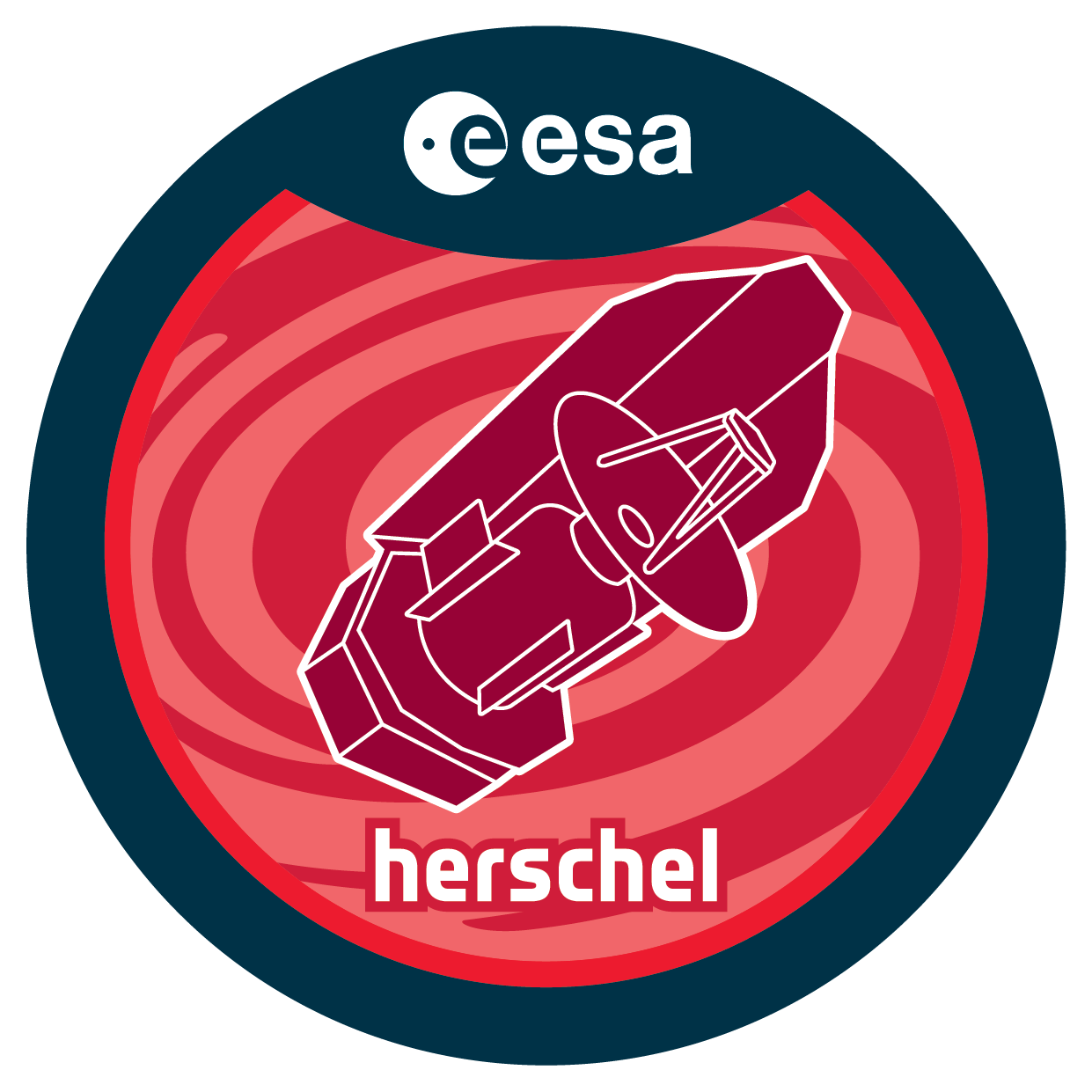

| Name | OT2_nphillip_1 |
| Title | HD 37594: An Exceptionally Massive Cold Debris Disc in the Solar Neighbourhood |
| URL | http://archives.esac.esa.int/hsa/whsa-tap-server/data?retrieval_type=OBSERVATION&observation_id=1342241129&instrument_name=SPIRE&product_level=LEVEL0&compress=true |
| DOI | https://doi.org/10.5270/esa-id3xlad |
| Author | phillips, n. |
| Description | HD 37594 is a seemingly ordinary A8 V spectral type star at a distance of 43pc from the Sun. Spitzer MIPS observations, performed as part of a volume-limited survey of A type stars at the end of the Spitzer cryogenic mission, have shown this star to harbour an exceptionally massive cold debris disc (dust mass and temperature approx. 0.04 Earth masses and 54K respectively). This is potentially the most massive debris disc around an A type star within 50pc of the Sun, a sample which includes well known systems such as Vega, Fomalhaut, beta Pictoris, beta Leo and beta UMa. HD 37594 exhibits no signs of youth, and its optical and near-IR emission suggests it to be a normal main-sequence star, with slightly below solar metallicity, and no warm excess emission. Currently the only observational data for this debris disc is MIPS photometry at 24 and 70 um; longer wavelength and higher spatial resolution observations are required to gain any insight into this system beyond ascribing a characteristic dust temperature and highly uncertain dust mass.We propose to image this exceptionally massive debris disc with Herschels PACS and SPIRE, to allow modelling by simultaneously fitting a well-sampled spectral energy distribution (SED) from 24 to 500um and the spatial flux distribution in high S/N 70-160um images. |
| Publication | |
| Instrument | PACS_PacsPhoto_largeScan, SPIRE_SpirePhoto_small |
| Temporal Coverage | 2012-03-03T23:42:16Z/2012-10-02T04:36:56Z |
| Version | SPG v14.2.0 |
| Mission Description | Herschel was launched on 14 May 2009! It is the fourth cornerstone mission in the ESA science programme. With a 3.5 m Cassegrain telescope it is the largest space telescope ever launched. It is performing photometry and spectroscopy in approximately the 55-671 µm range, bridging the gap between earlier infrared space missions and groundbased facilities. |
| Creator Contact | https://support.cosmos.esa.int/h®erschel/ |
| Date Published | 2013-04-02T04:29:31Z |
| Last Update | 2025-01-24 |
| Keywords | Herschel, HSC, submillimetre, far-infrared, HIFI, PACS, SPIRE |
| Publisher And Registrant | European Space Agency |
| Credit Guidelines | European Space Agency, phillips et al., 2013, 'HD 37594: An Exceptionally Massive Cold Debris Disc in the Solar Neighbourhood', SPG v14.2.0, European Space Agency, https://doi.org/10.5270/esa-id3xlad |